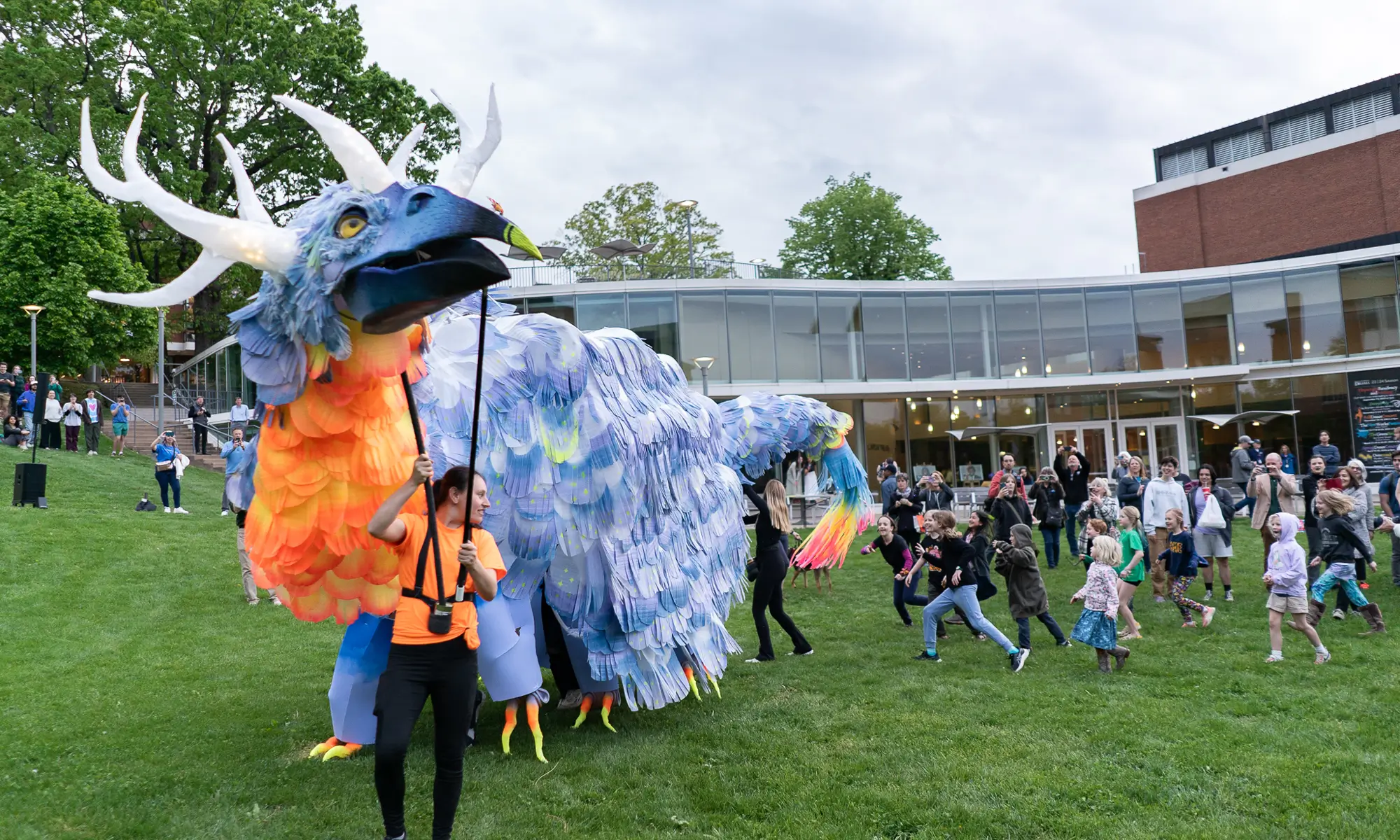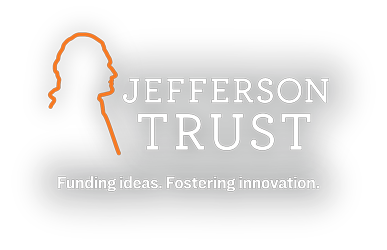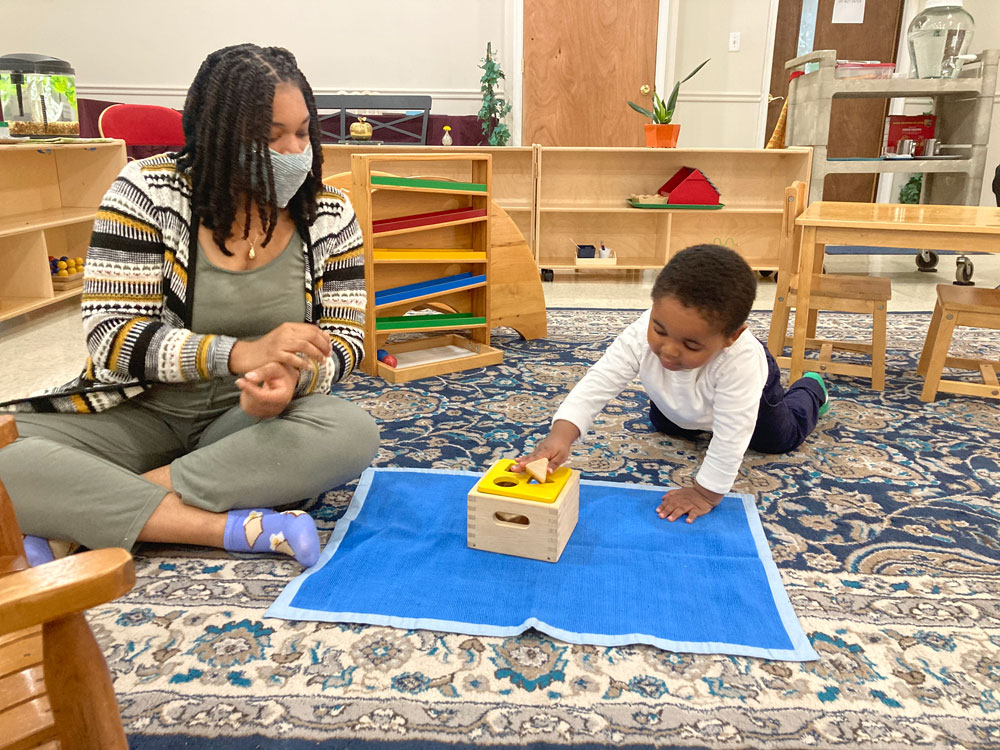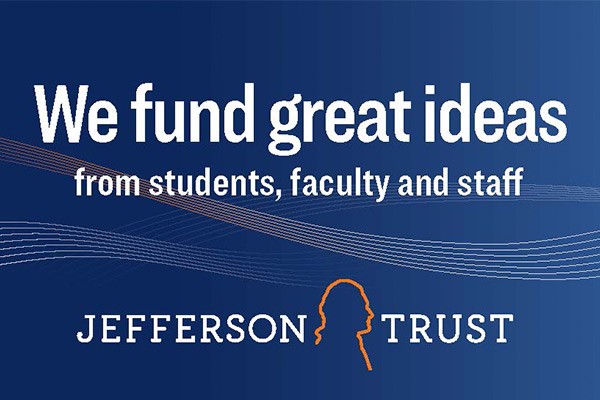This spring, the Jefferson Trust has awarded $109,800 to 14 flash grants through three funding cycles, making this the most successful flash-funding process yet. A majority of grants are focused on the student experience, at all levels.
Unlike the Jefferson Trust’s annual grants, its flash grants are capped at $10,000 per project, and are awarded monthly beginning in January.
“It is clear that the University community is working hard to make a positive impact on students of all ages. Flash grants affect local toddlers, high school students, and, of course, UVA students at all levels. The trustees are pleased to be able to support so many high-quality proposals,” shares Grants Administrator, Amy Bonner.
The 2021 Flash grants:
Girls Who Code at UVA—Raspberry Pi and Arduino Workshops: $7,700
Girls Who Code (GWC) provides a gender-inclusive community for anyone interested in coding, at all levels of experience. The workshops provide hands-on experiences with Arduino and Raspberry Pi via remote learning.
2020: Extraordinary Moments: $7,131
“2020: Extraordinary Moments” will showcase a documentary featuring interviews from 100 UVA students and a magazine featuring writing and art submissions from the UVA community. The project will dive deeply into the year 2020 from the perspective of the UVA community, focusing on the positive moments that made the year special.
Hands-On History: the Letters of a Civil War Chaplain: $10,000
 This student-led project is collaborating with both the Nau Center for Civil War History and the Institute for Advanced Technology in the Humanities in engaging a team of undergraduate researchers in the digitization, transcription, and curation of private letters written by the Rev. John W. Alvord, a Civil War Army Chaplain and Freedmen’s Bureau Superintendent of Schools and Finance.
This student-led project is collaborating with both the Nau Center for Civil War History and the Institute for Advanced Technology in the Humanities in engaging a team of undergraduate researchers in the digitization, transcription, and curation of private letters written by the Rev. John W. Alvord, a Civil War Army Chaplain and Freedmen’s Bureau Superintendent of Schools and Finance.
Virginia Medical Review: $1,400
The Virginia Medical Review will provide an online platform for the publication of scientific and medical articles written by student contributors, with a goal of creating professional and academic articles that remain accessible to all with an engaging, plain-language voice.
Starting Off on the Right Foot: Outfitting the 10th & Page Montessori Lab School: $10,000
The Toddler’s House of 10th & Page is a joint initiative of the psychology department’s Montessori Science Program (MSP), the UVA Equity Center, and community partners Pilgrim Baptist Church and City of Promise. The Toddler’s House will offer high-quality, evidence-based childcare in the Montessori tradition for low-income children in the neighborhood, fulfilling an urgent need in the community. It will also provide a demonstration and research site for UVA faculty and students investigating the principles and characteristics of evidence-based early-childhood learning and its potential for multi-generational, transformative impact within under-resourced communities.
i+DEAL: Interactive + Digital Electronic Arts Lab: $1,927.96
Technological skills are vital in a world where production, consumption, and interaction are increasingly shifting toward the digital realm. This initiative focuses on introducing high school students to STEM concepts through a remote, hands-on creative experience involving arts and crafts, circuits, and musical experimentation.
COVID-19 Pandemic Education and Support: Children’s Book Collection: $8,739
This project builds and catalogs a children’s book collection of 119 titles that can be used in the classroom, in counseling settings, and at home, to address issues of loss, trauma, and anxiety due to the pandemic. In addition to the core collection, this project will develop community partnerships with local school districts to host drive-thru book fairs open and free to all in targeted communities with low vaccination rates.
Teaching Writing and Anti-Racism in the ENWR 1510 Classroom Project: $6,200
A group of faculty and graduate students from UVA’s Writing and Rhetoric Program will produce a syllabus for an ENWR 1510 course that focuses on Thomas Jefferson, UVA, Charlottesville, and their relationships to colonization, slavery, and white supremacy. The immediate goal is to encourage and support instructors who wish to teach such a course, with a broader goal of widespread adoption of a course that would build student awareness of racial inequity.
The College Scoop Textbook Loaner Library: $10,000
This library will be operated by The College Scoop’s executive leadership and will serve as an alternative to purchasing expensive textbooks every semester.
Extending Jefferson’s Vision on Leadership: Learning How To Discuss Race and Racism Through Humility: $9,189
With the COVID-19 pandemic, tragic events of August 11-12, 2017, and police violence against Black Americans as the backdrop, the current moment presents a cultural shift that moves discussions of race and racial inequalities to front and center. Although the public’s appetite for these discussions is fervent, very few people know how to broach these conversations in an effective manner, particularly across racial boundaries. This project seeks to teach UVA students strategies to reframe anxiety surrounding these conversations as an opportunity to learn. As a result, we hope this instruction will help create humble, thoughtful, and courageous leaders who will be both motivated and better equipped to directly address issues of race and racial inequity.
The Architecture of The Green Book: a Digital Database: $10,000
The Negro Motorist’s Green Book, made famous by the 2018 movie, was an essential print resource for African American families who wished to travel by car from 1936 to 1966. With listings of safe harbors in unfamiliar towns and organized first by state and then locality, The Green Book offers an extraordinary window into the landscapes of racism and resistance across mid-century America. By 2026, this project seeks to recruit scholars from all 50 states—many of them graduates of our own Department of Architectural History—to document all of the surviving buildings and sites across America, making them available to the public on a single, searchable online platform.
Book Arts Fellowship: $9,600
A new Book Arts Fellowship, within the Virginia Center for the Book program, expands on the role of an intern in duration and scope, with hands-on learning experiences of printing and papermaking, a hallmark of book arts. This will create a unique, year-long academic leadership experience for two undergraduate UVA students interested in arts administration, public relations, project management, and community engagement.
Ultracold Multipurpose Molecular Manipulation and Imaging Laboratory for Undergraduate Research: $8,310
Construction of an undergraduate-led multipurpose laboratory for experimental molecular science will allow collaborative interdisciplinary research, spanning several subfields of physics and chemistry. Over the next five years, undergraduates working with the setup will gain valuable experience with cryostats and advanced optical technologies including lasers for imaging and ablation.
Time Tables: Leveraging Our Material Past Toward Shared Futures: $9,605
A team of students, with faculty support and oversight, will make meaningful use of a series of logs from a 125-year-old Poplar tree that was taken down near the Alderman Library. A single large table from a slab of this wood will be crafted and installed in the outdoor classroom of Campbell Hall in August, while the remainder of the heritage wood will be milled and preserved for use in future pieces.




